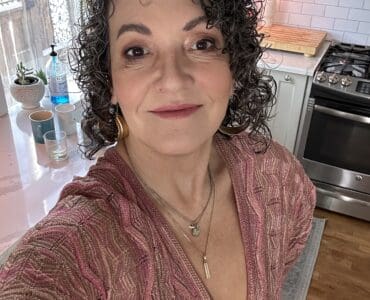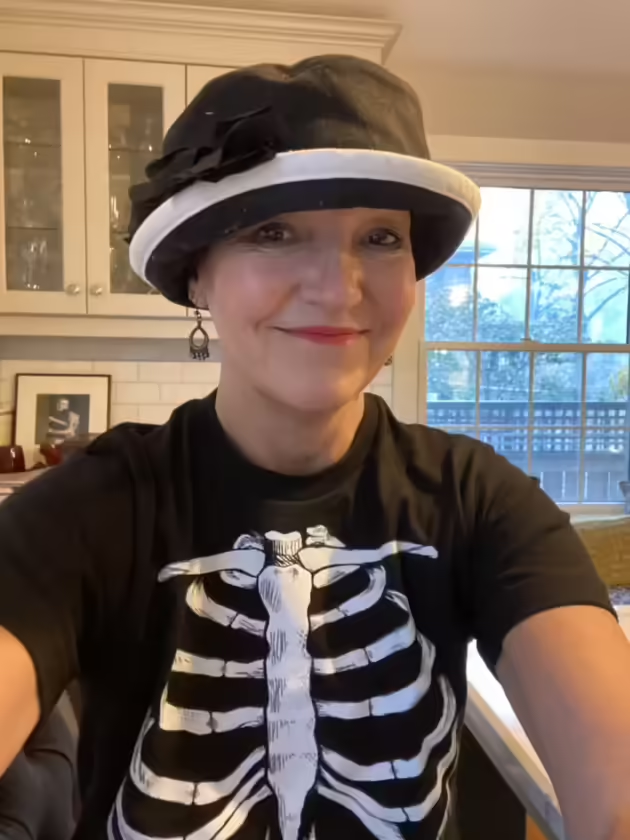On June 11, 2025, the world mourned the death of Ananda Lewis at age 52. The beloved MTV VJ, talk show host, carpenter, and fearless advocate had bravely shared her journey with breast cancer— and her regret over treatment choices— shedding light on an issue many avoid discussing. (thedailybeast.com)
A Story of Choice, Autonomy, and Deep Regret
Ananda was diagnosed with stage 3 breast cancer in 2020, after avoiding routine mammograms due to radiation fear. (thedailybeast.com) She declined a double mastectomy—recommended by doctors—and chose holistic therapies in place of surgery, chemotherapy, hormone treatment, and radiation. (thegrio.com)
By 2024, the disease progressed to stage 4 metastatic cancer. Ananda publicly reflected on her decisions, saying, “I decided to keep my tumor and try to work it out of my body a different way. I wish I could go back.” (thedailybeast.com)
In recent interviews and essays, she expressed deep regret and used her platform to urge women to act early—recognizing prevention and timely medical intervention as real cures. (thedailybeast.com)
When Choices Clash with Science
Autonomy in healthcare is crucial—every patient has the right to choose. But Ananda’s story is a sober reminder: for conditions like stage I–III breast cancer, surgery + adjuvant therapies (chemotherapy, hormone inhibitors, radiation) dramatically improve survival.
The data speak starkly:
- A 2006 chart review found that women refusing conventional therapies often suffer disease progression—out of 26 women declining surgery, 96.2% had progression and half died. (sciencebasedmedicine.org)
- A 2019 JAMA Oncology investigation showed that patients selected complementary treatment and refused medical care, resulting in significantly higher mortality than those who pursued conventional care. (en.wikipedia.org)
- Since 1989, adding adjuvant therapy to surgery has reduced breast cancer death by 39%. (sciencebasedmedicine.org)
- Chemotherapy alone can reduce the risk of recurrence over 10 years by about one-third, and combining it with surgery and radiation yields the best outcomes. (en.wikipedia.org)
While holistic support, such as stress reduction, good nutrition, weight lifting and yoga, can and should complement treatment, they are no substitute for proven medical protocols. (cancercenterforhealing.com)
Honoring Ananda Lewis’s Autonomy—Learning from Heartbreak
Ananda chose what she believed was best for her body, and she lived with clarity and authenticity. Her story reminds us of two truths:
- Empowerment demands information. Real autonomy must be supported by accurate, evidence-informed choices—not fear-driven decisions.
- Regret is real. Ananda acknowledged that her rejection of conventional treatment fueled her cancer’s advancement. She turned that regret into advocacy.
When it Comes to Breast Cancer, Prevention, Early Detection, and Life-Saving Science Works
- Mammograms have saved countless lives. Ananda avoided them out of radiation fear—yet early screening routinely finds curable cancers. (theroot.com)
- Stage 3 breast cancer has about an 87% five-year survival rate, with comprehensive treatment. (nationalbreastcancer.org)
- Multi-modality treatment—surgery, radiation, chemotherapy, hormone/targeted therapy—is the standard of care for stages I–III. (cancer.org)
A Legacy of Love, Awareness, and Hard-won Wisdom
Ananda Lewis leaves behind her son Langston and a powerful legacy of authenticity. She championed truth, social justice, and later, health awareness. Her message now carries even more urgency:
“If just ONE woman decides to get her mammogram after watching this, what I’m going through will be worth it.” (theroot.com)
What We Can Learn
- Encourage yourselves and loved ones to do self-exams, be breast and body aware, keep up with recommended screenings and to act promptly on symptoms.
- Holistic practices? They can complement conventional therapies—supporting wellness and resilience—but science shows they don’t cure cancer.
- Informed autonomy saves lives. Share accurate, accessible information. Resist disinformation. Support each person’s right to choose—but make sure it’s real choice, not fear-based rejection of what science has proven.
In Mourning—and in Action
We grieve Ananda and the choices she felt she couldn’t change. Yet through her openness and advocacy, she leaves behind a heartfelt plea: listen to your body, honor your autonomy—and trust in science when the stakes are life or death.
May her story save others from late regrets—and inspire us to act, detect, treat, and love with urgency.




